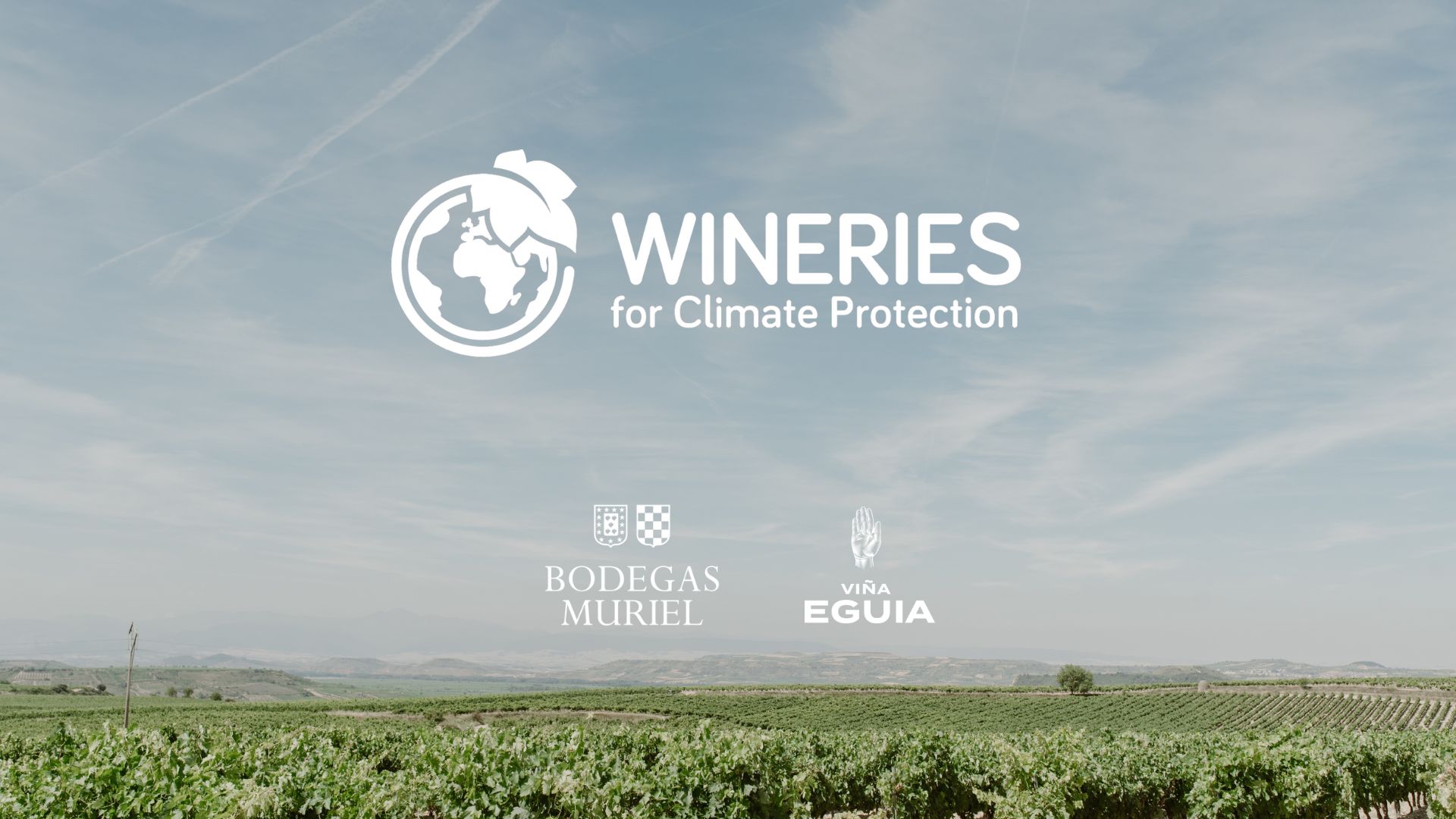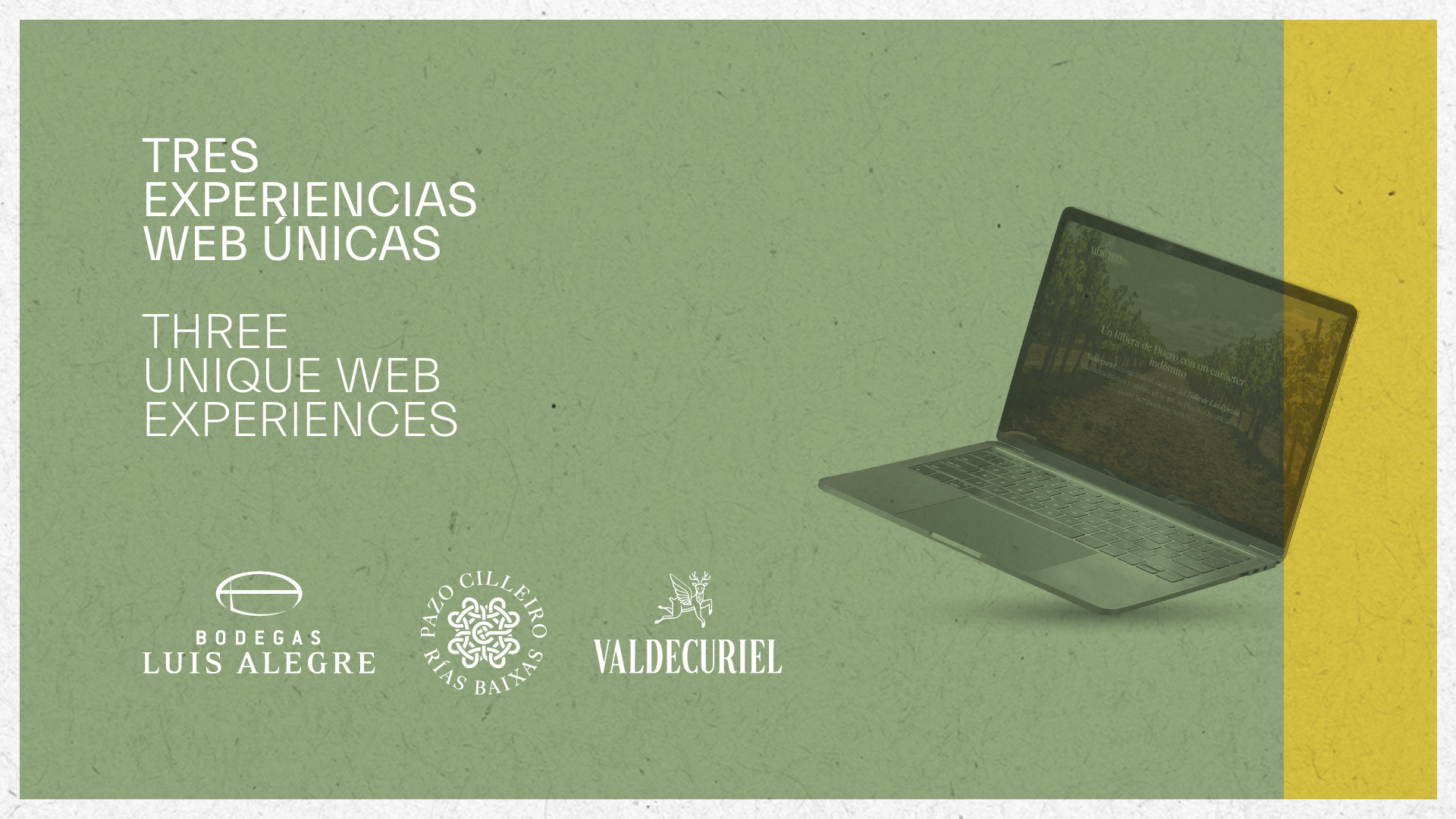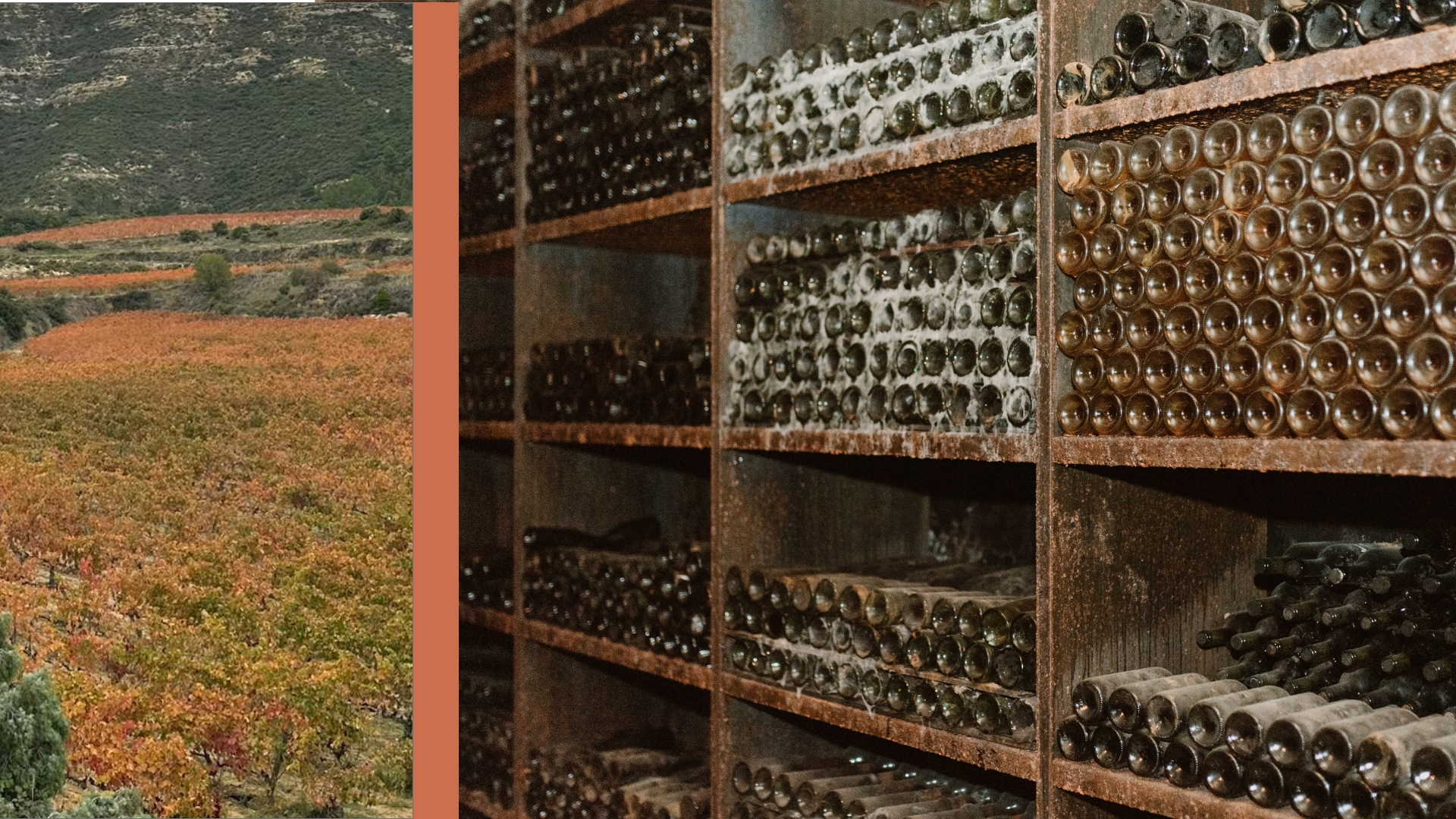In Lunsar, solidarity is contagious. Over the last months (also challenging for the Sierra Leonean society), the secondary school for girls has carried on with its educational activities and also with its support to the students' families.
One of the main initiatives was the construction of the new science lab. This infrastructure is essential to provide training in this field and replaces a previous laboratory, which was small and obsolete. Sister Adriana, the school director, explains the details of a project that we hope will soon become a happy reality. The photographs accompanying the text have been taken during the construction process.
Our Lady Guadalupe Secondary School had two practice labs, one for chemistry and one for biology, which were built after the civil war in Sierra Leone between 1995 and 2001. Although it had sufficient funds, these first facilities were built against the clock, leaving many gaps in the project, some of a structural nature and others concerning the supply of material, equipment and reagents.
As for the former, the first thing we can say is that 20 students per session could hardly work on the original site. There wasn't a storage area for reagents and equipment, and the materials were within reach of the students, with all the risks that this entailed. Moreover, the floor had been poorly laid and the roof, made of zinc, made it impossible to practice during the hottest hours of the day, as the temperature inside reached 45º C. The worktables were poorly designed with aisles of only 50 cm wide between them: in the event of evacuation there was a risk of falls, crowding, etc.
Although taps were installed, the water supply was never available and had to be brought in buckets. There was also no provision for a basic gas installation. Furthermore, the only access door to the laboratory was approximately 90 cm wide, with the ensuing safety problems in the event of evacuation.
In short, having such labs felt like not having them at all and that is why we decided to build a new, larger, more functional and safer space. Rather than installing highly sophisticated technology, we want to provide the essential equipment needed for the students to complete the goals of the academic programme.
This training is mainly required by the country's educational programmes, particularly when sitting the official assessment exams. Students find it very difficult to understand concepts such as pH, acid-base titrations, redox, density calculations, and so on.
They are obliged to imagine what they cannot substantiate so that knowledge is merely theoretical and abstract. It is also very superficial and difficult to associate because the only resource they have left is memorization. This means that although the school is not directly and openly required to provide this training, the students need it. Furthermore, students who are interested in studying a science degree go to Murialdo Secondary School once they pass the BECCE exam.
What about the next stages?
Once this phase is completed, the materials, equipment and reagents will need to be dealt with. We need to bear in mind that this project does not end with the refurbishment of the building and its adaptation -it requires ongoing support in order to remain operational. Consequently, a monthly budget for reagents and safety equipment must be available for the day-to-day running of the lab.
In this regard, the previous lab had some materials, obtained mostly through donations. We have checked them and they seem to be in good condition so we will be able to use all of them. However, we may have 1000 Petri dishes but no potentiometer or analytical scales, which is essential in almost all the training practices; the last one we used was a kitchen scale that came to us from the Vocational School.
I don't know how sustainable the project is in itself, nor how we will face these new challenges but I would say that investing in this kind of training is the best thing we can do for our students. It involves exposing them to the experimental method; to a way of acquiring knowledge that, despite its limitations, has brought so many technological benefits to the West. Perhaps, applied here, with a mindset that ponders other types of values, a new way of understanding and promoting science can emerge.


Fundación Maga Reserva
The construction of the new lab of the Lunsar school is partly funded with the sale of Maga's wine: a DOCa Rioja Reserva wine made by Bodegas Muriel.
More information about the wine here.
 "
"
You may also be interested in:




